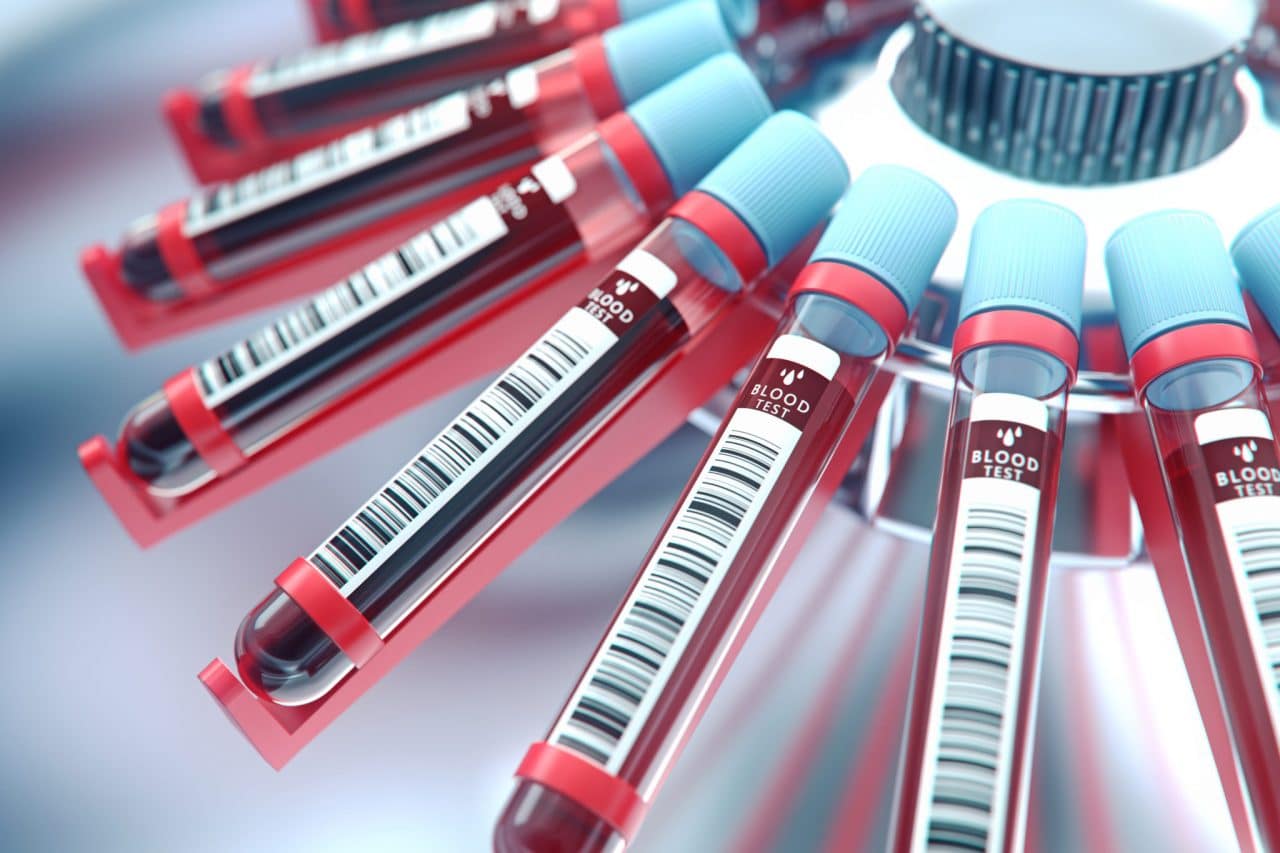The only way to treat your allergy symptoms is to determine their exact cause; this is accomplished through a series of allergy tests.
Skin Testing For Allergies
Allergy testing involves either skin or blood tests. Most allergists prefer skin tests because they are safe, inexpensive and offer the most accurate results. There are several methods of testing the skin for allergies. Skin prick testing is the most widely used.
In prick testing, several drops of solution containing the suspected allergen are placed on the surface of the skin, usually the forearm or back, and allowed to penetrate. A needle is used to prick or scratch the skin where the drops are placed.
If your body is allergic to this substance, the immune system will produce molecules called immunoglobulin E. The result is swelling and redness on the skin. It is most often used to test for allergies to pollen, mold, dust mites, pet dander and food.
Modified Quantitative Testing (MQT)
Modified Quantitative Testing, or MQT, uses a prick test to get an idea of skin reactivity to certain antigens. This test then uses an intradermal test for each antigen at a specific point to help identify the extent of your specific allergy. These tests can vary in their results, and MQT tests use specific quality materials used from certain laboratories. Therefore, they produce testing results that are more accurate and reproducible than common single-stick tests.
Blood Testing For Allergies

A blood test measures how much of an allergen-specific antibody, called immunoglobulin E (IgE), is in your blood. The more allergen specific IgE in your blood, the more likely you are to be allergic.
The most common blood test is a radioallergosorbent (RAST) test. It screens for common allergy triggers such as pollen, mold, dust mites and pet dander. RAST is the preferred testing method for infants and children.
Blood tests are typically used to confirm the results of a skin test.
When Is Blood Testing Preferred Over Skin Testing?
Some medications and conditions make blood testing preferable because blood testing doesn’t expose a patient to allergens. Medicines on that list include antihistamines, steroids and antidepressants. People with life threatening allergies, skin conditions, asthma or heart conditions may all be better candidates for a blood test.
Skin testing takes about 45 minutes to an hour hour and is available at our Cullman and St. Vincent’s Birmingham location. RAST testing is done at all locations the same day as appt with physician.
Call ENT Associates of Alabama at (888) 368-5020 for more information or to schedule an appointment.
